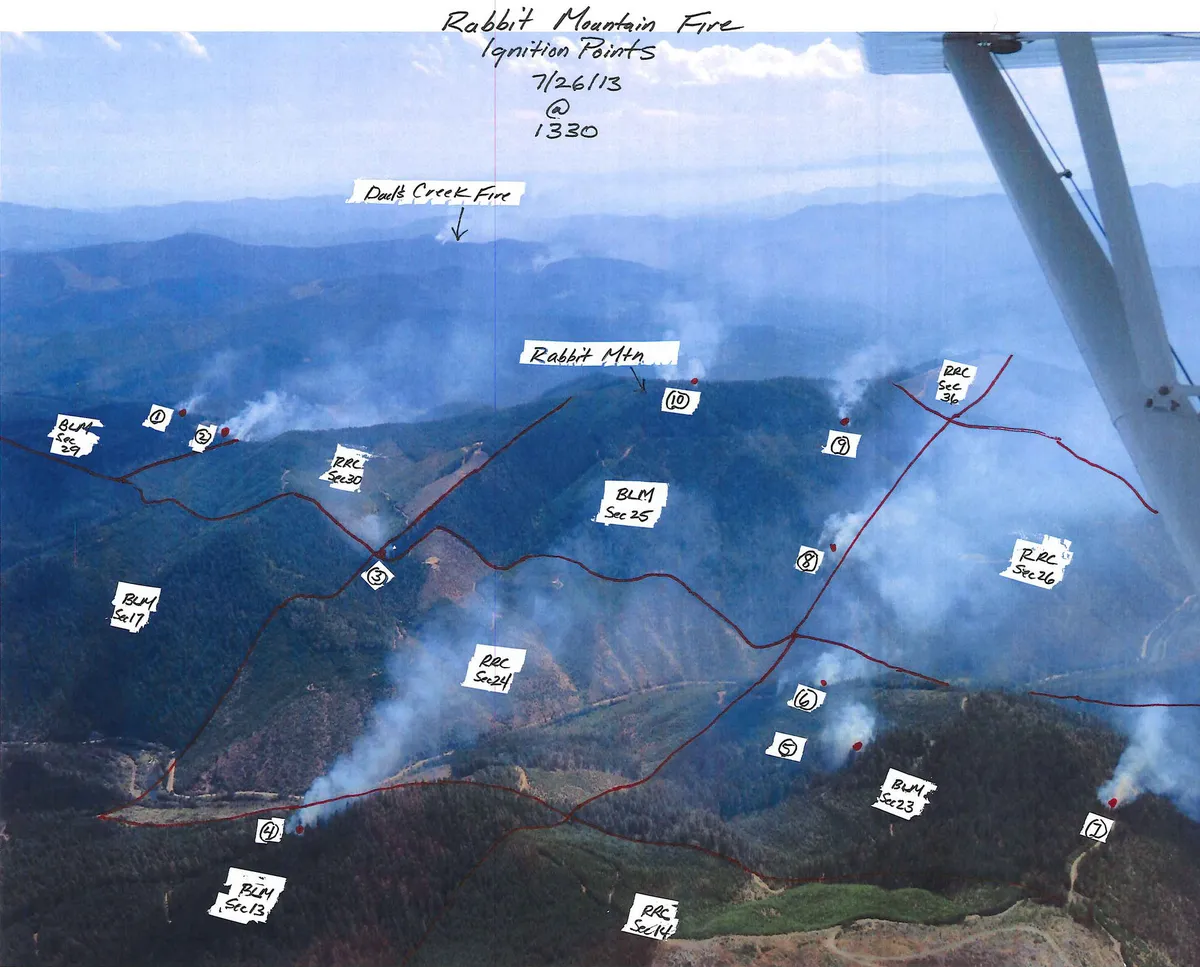problem space
(This is an attempt at articulating the problem space of Deez Times ™ as I see it personally, from my vantage point, as I continue to talk with people about what we need to be building right now. I certainly don't think these are all the problems or even the only/most correct way to frame them, and I also really don't think any project should attempt to address all of these things!)

- We are living through a scale of acute institutional collapse that the United States has not seen in living memory. There are many different factors that led us here and we can write op-eds about it until we run out of ink, but what is most important to acknowledge and focus on now is that the first-order results of this collapse alone is likely to be societally devastating—and we don't totally have the metaphorical GPUs to model what the secondary (and tertiary, and...) effects of the shrapnel will cause.
We will likely be in this state for the foreseeable future. There is no one magic event that gets us out of this, and no straightforward path to a u-turn on the horizon :(
A lot of us saw this coming, but the scale and speed and brutality of what's happening is shocking and difficult to adjust to, even so. Lots of people who were not already grounded in organizing efforts are vibrating with potential energy, but need to be organized or at least inspired into action. We need more projects that act as seed crystals right now.
Already and continuing over the next few months, more people (many of whom do not professionally or recreationally gaze into the abyss) will fully internalize what's happening as it begins to impact them directly. They will become distraught and angry, and then some of them (though definitely not all!!!) will want to do something about it. Many of these people have useful skills and fresh(er) stores of energy. If we do not design good on-ramps for orienting them and then guiding them into some kind of empowering and useful collective action, we risk missing out on an organizing resource at best and losing people to actively harmful communities and ideologies who feed on fear and anger at worst.
Corporate privatization will show up in the wake of the pillaging of government-operated public services and infrastructure, as sure as black mold follows a flood (if black mold could also, like, cause flooding somehow). Those of us who think this is bad news have a short period of time to build non-corporate versions of these services and infrastructure that hold off this invasion where we can, and at least set the bar for expectations and norms where we can't.
During this time, there are a couple of types of actions that are broadly useful—each of these will need different types of expertise / motivation, but all are equally incredibly important:
- Resisting or at least slowing the forces instigating and accelerating this institutional collapse
- Catching as many vulnerable people and critical systems as we can, possibly but not only by...
- ...Weaving new systems that can survive this era and work towards figuring out a shared vision of what a more equitable / democratic / resilient set of systems could look like for the future.
We will need to figure out strategies for protecting, nourishing, housing, and otherwise taking care of the people who do these types of work. This may be as simple as "pay them", but something (my parents' entire generation growing up during a famine, maybe ✌️😬) tells me we may need to be more creative. Funding will both be increasingly difficult to come by, and also possibly increasingly ineffective at getting people what they need. For example, I am inspired by how the Pasadena Job Center was able to provide day laborers across LA with the food, tools, and training they needed during the fire crisis such that they could then form and lead a very effective cleanup brigade—which then gave them the experience they needed to get hired for such work in the future, possibly by some of the volunteers they'd worked with.
To coordinate and facilitate all of this, we need to turn our current whitewater rapids of news into dams of useful information. Building irrigation systems with the firehoses, if you will. Relevant, timely, and vetted information needs to make its way to the attention of people who are most impacted by it or in position to act on it, with digestion and translation (linguistic as well as cultural) happening along the way if necessary.